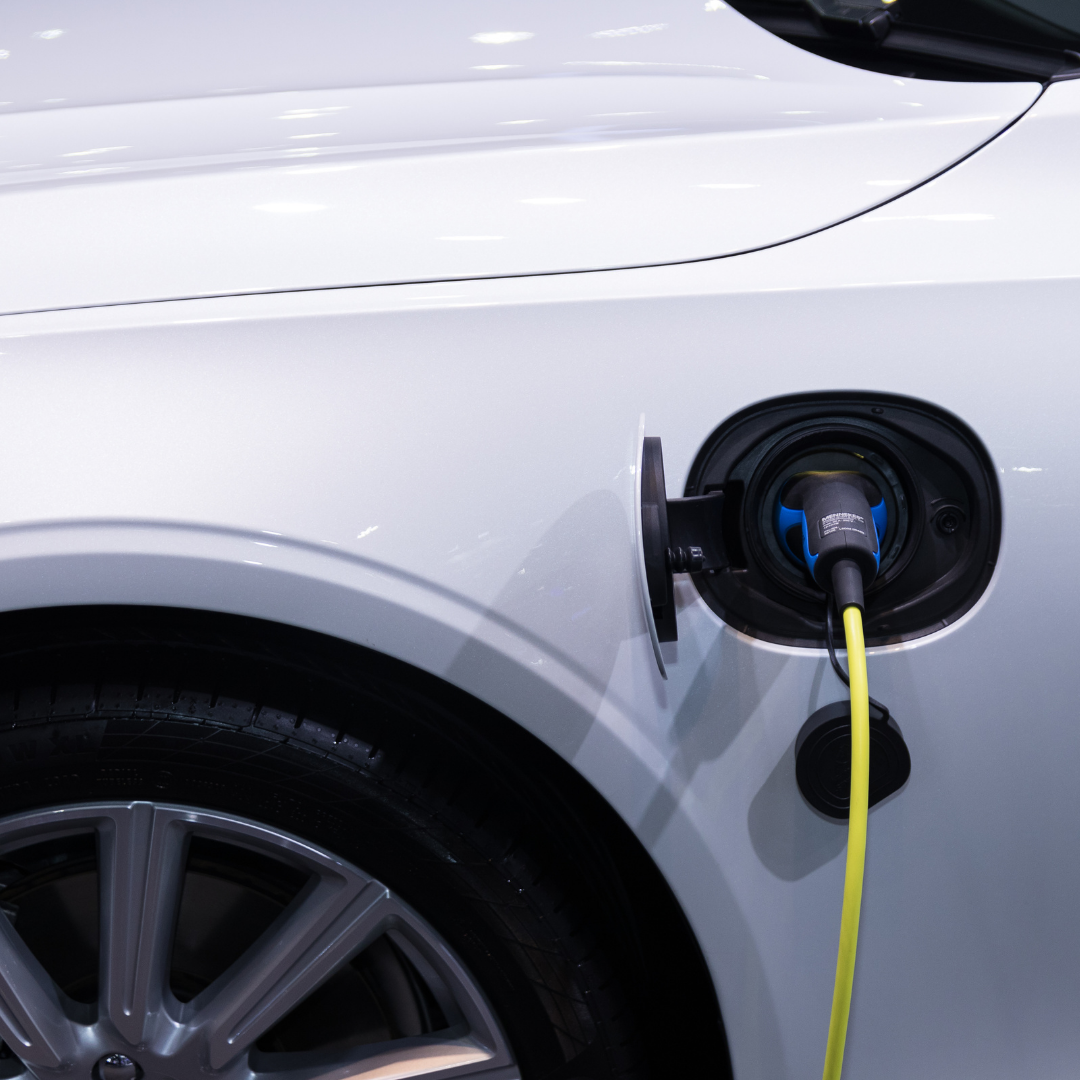EVs have come a long way in just a few years. From slow, clunky models that cost the equivalent of an entry-level luxury car to cars such as the Tesla Model S and Nissan Leaf, which can deliver miles of pure electric miles at the push of a button, the electric car has come a long way.
For a lot of people, the decision of what type of electric car to purchase is a daunting task, with a lot of conflicting information about each model available. There is a lot of misinformation out there, which makes it very hard to make a decision.
Electric cars are the future, and they may not be too far off. While electric cars may not be as popular as hybrid and gasoline-powered vehicles, this trend is expected to continue and grow as more people realize the benefits of driving clean. But which electric vehicle is best for you? Electric cars are grouped by types of driving, charging, and driving range.
What is an Electric Car?
Ever since the early 20th Century, the idea of a privately-owned high-power electric car has been a futuristic dream. Until recently, it seemed too expensive or impractical for anyone to get their hands on one. However, several new companies have recently entered the electric car market, offering cheaper, faster, more practical electric cars. These cars are powered by electric battery power instead of the internal combustion engine.
How does an Electric Car Work?
First, let’s talk about the basics. Electric cars (also known as battery cars) use an electric motor powered by rechargeable batteries to power the car. These cars are different from their gas-powered counterparts since you can drive them at zero cost.
An electric car is a car powered by an electric motor, but how does it work? This is a really interesting question, because no matter which car you have, it’ll have a motor. So you have to figure out the how of it. This is not so easy because 99% of all people don’t know how their car works.
Batteries are the lifeblood of all EVs, but before you get too excited, you shouldn’t forget that how they work is more complicated than you might think. We’ve tried to simplify things for you, explaining how each of the major EV components works and how they all fit together.
What are the Benefits of using an Electric Car?
As of today, the jury is still out on whether electric cars are more environmentally friendly than gas-powered cars. Many benefits of electric cars tend to be understated or denied by those that would prefer we keep driving fossil-fuel-powered cars.
The benefits of using an electric car are simple, once you factor in the costs. Driving an electric car costs less than driving a gas car. If you have to charge your car or have to pay for gas, it’s simply cheaper to drive an electric car.
There are many benefits to using an electric car, but there are some who believe the only benefit is the fact that it runs on electricity. While cars run on electricity, they are not electric cars. Not all-electric cars are the same either; each model is powered by different technologies. Some electric cars use rechargeable batteries, some use fuel cells, and some run on pure electricity.
Electric Car Options You May consider getting
Electric cars come in a variety of models and sizes, and there are many advantages to owning one. From low speed vehicles to high-performance cars, there is a range of options available to suit individual needs. Additionally, they are much kinder to the environment, with zero emissions and lower running costs than their traditional counterpart.
Here are the top EV Cars for you to consider:
- Tesla Model S
- Nissan Leaf
- Mitsubishi i-MiEV
- Honda Fit EV
- Ford Focus Electric
- Renault Fluence ZE.
- Smart ForTwo Electric Drive
- Toyota RAV4 EV
- Citroen Berlingo Electric
- Peugeot iOn
In conclusion, the above are the top 10 electric cars you can consider getting. They are also top 10 great cars in the world. Make sure to think about overall factors before you make your decision.

